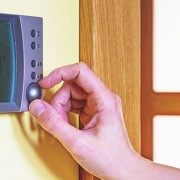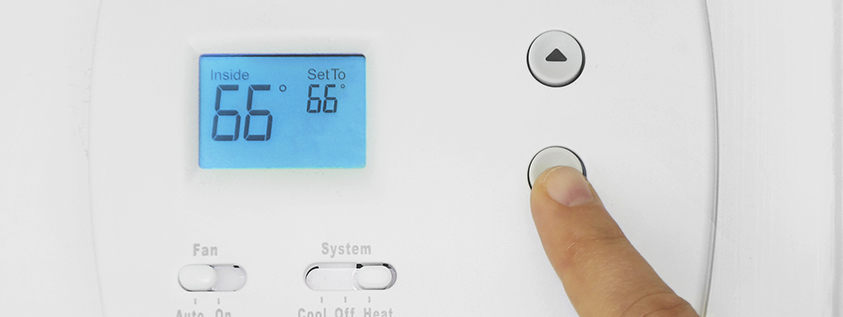May 10, 2016/in Geothermal Energy /by jeng
At Applied Resource Management, we’re big believers in geothermal energy. Because of this, we get a lot of questions about geothermal. Is it really that much better than a traditional air source heat pump? Is it worth updating your current system? How do these two heating and cooling systems really compare?
To answer these questions and shed some light on the benefits of geothermal heating & cooling, we’ve put together the following post that pits geothermal (water source) against traditional (air source) heat pumps. See how they stack up, then decide which one is right for you. And remember—if you choose geothermal, Applied Resource Management can help install it in your home or business.
Source
Geothermal heating & cooling utilizes never-ending solar energy stored in the shallow earth to modulate your inside air temperature. It is heat that is available, renewable, consistent, and hidden just below the surface of the earth. Air source heat pumps, on the other hand, inefficiently collect air from the extremes of summer and winter, struggling to squeeze coolness from the dog days of August and heat from frigid January nights.
Efficiency
Geothermal heat pump systems are more energy efficient. Even in the coldest winter, they operate between 300% and 600% efficiency, while an air source heat pump only reaches 175% to 300% efficiency, even when the weather is milder. This is a great benefit for your wallet as well as the planet!
Cost
While air source heat pumps are cheaper to install initially, they have about half the life expectancy and efficiency. Geothermal energy will offer a lower price tag in the long run. This is a case in which a little patience can yield big savings. If you plan to move in the next few years, you may be tempted to install an air source heat pump to save money. We still recommend going geothermal, as a geothermal system can increase the value of your home.
Maintenance
All the components of a geothermal heat pump are indoors or underground, which protects them from the elements. Air source heat pumps, on the other hand, require an outdoor unit, which will need to be cleaned regularly in order for it to run efficiently. This takes time and energy. The lovely sea air we enjoy so much locally will also do considerable damage to an outdoor condenser unit, reducing the life expectancy to around +/- 8 years. A geothermal condenser has a 30 year life expectancy. In the case of damage caused by salt air, debris, storms, or vandals, the help of a professional is likely required.
Taxes
Buying and installing an Energy Star-qualified geothermal heat pump means you may be eligible for a 30% federal tax credit. There is no similar tax credit for air source heat pumps.
We hope this post helps you narrow down your choices as you consider heating and cooling solutions for your home! To learn more about geothermal energy, or to schedule a consultation and installation, contact Applied Resource Management today.



